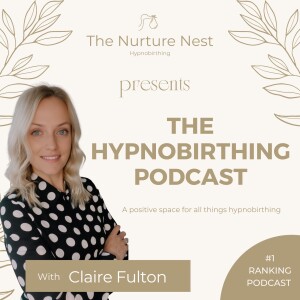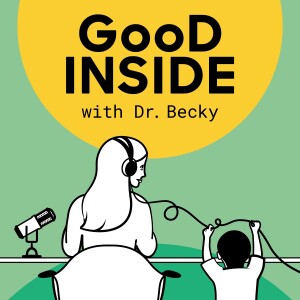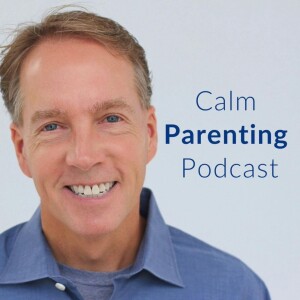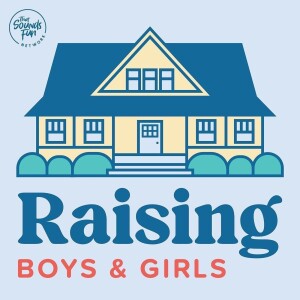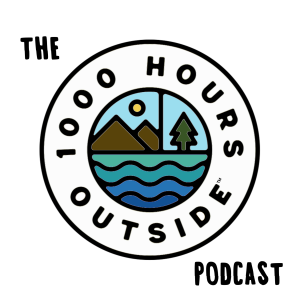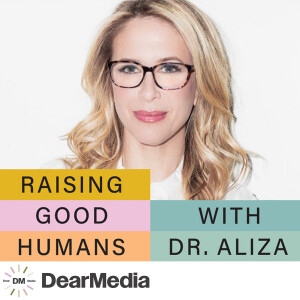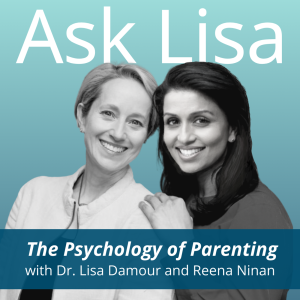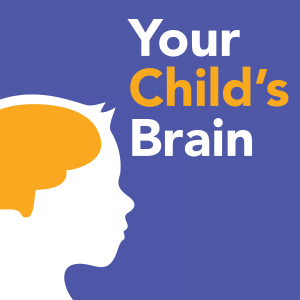
Episode List

Unlocking the Stigma of Epilepsy
Epilepsy is one of the most common serious neurologic disorders seen in children and adults, in fact, 1 in 26 people will develop epilepsy during their lifetime. It can occur on its own or alongside other health conditions of the brain. Despite it being relatively common, there are many myths, misunderstandings---as well as a great deal of stigma associated with epilepsy. Join Kennedy Krieger’s CEO Dr. Brad Schlaggar and his colleagues from the Institute and Johns Hopkins as they address those topics, as well as approaches to diagnosis and treatment, and what research holds in store for pediatric patients with epilepsy. Resources Kennedy Krieger epilepsy resources https://www.kennedykrieger.org/epilepsy-services-at-kennedy-krieger-institute/epilepsy-resources Epilepsy Foundation https://www.epilepsy.com/See omnystudio.com/listener for privacy information.

Down syndrome and the impact of a longer life span
We humans, typically, have 23 pairs of chromosomes. Sometimes, for a variety of reasons, we have an extra chromosome or we are missing one. Down syndrome, also known as Trisomy 21, is a genetic disorder that occurs when an individual has a full or partial extra copy of their 21st chromosome. Down syndrome is the most frequent of the chromosomal disorders in humans, occurring in approximately 1 in 700 births in the US. With improved care of often life-threatening clinical challenges, individuals with Down syndrome are living much longer. In this month’s podcast of Your Child’s Brain we are going to talk about Down Syndrome and especially focus on how the increased lifespan of those with Down syndrome is impacting treatment and research for people living with this diagnosis. Resources · Down Syndrome Association of Maryland (dsamd.org) · National Down Syndrome Society (ndss.org) · National Down Syndrome Congress (ndsccenter.org) · Global Down Syndrome Foundation (https://www.globaldownsyndrome.org) · LuMind IDSC Foundation (https://lumindidsc.org) · NIH – research plan across the LifeSpan - Project INCLUDE for co-occurring medical conditions (www.nih.gov/include-project) · Eunice Kennedy Shriver National Institute of Child Health and Human Development (nih.gov) · National Task Group on Intellectual Disabilities and Dementia Practices - Intellectual Disabilities and Dementia Resources | The NTG (the-ntg.org)See omnystudio.com/listener for privacy information.

How Experience and Environment Impact Our Early Brain Development
How does experience and one’s environment influence the early development of our brains? We’ve known for a long time that this question does not simply boil down to “Nature” vs “”nurture”, a false dichotomy. Instead, brain development might best be thought of as a cascading interaction between nature and nurture that unfolds over time. Twenty five years ago, the National Academy of Sciences published a landmark report called From Neurons to Neighborhoods which dove deep into this question. In this month’s episode of Your Child’s Brain, join Dr. Brad Schlaggar and his guests.as they reflect on this influential report and discuss how early experiences, environments and exposures influence the developing brain early experiences, environments and exposures influence the developing brain.See omnystudio.com/listener for privacy information.

Muscular Dystrophy
In this episode of Your Child’s Brain, Dr. Brad Schlaggar is joined by his Kennedy Krieger colleague, Dr. Doris Leung, to discuss a set of diseases of muscle that we refer to collectively as muscular dystrophy (MD). Muscular dystrophy is actually a group of rare genetic diseases that cause progressive weakness and degeneration of muscles. Overall, the muscular dystrophies vary in age of onset, severity, and the pattern of the affected muscles. A general principle shared by all forms of MD is that they grow worse over time as muscles progressively degenerate, atrophy, and weaken. For more information about muscular dystrophy, these resources might be helpful: · Kennedy Krieger Center for Genetic Muscle Disorders https://www.kennedykrieger.org/patient-care/centers-and-programs/center-for-genetic-muscle-disorders · Parent Project Muscular Dystrophy https://www.parentprojectmd.org/ ·Myotonic Dystrophy Foundation https://www.myotonic.org/ · FSHD Society https://www.fshdsociety.org/ See omnystudio.com/listener for privacy information.

Disability Services in College
Join Dr. Brad Schlaggar, president and CEO of Kennedy Krieger Institute and Dr. Lisa Carey, the Assistant Director of the Center for Innovation and Leadership in Special Education as well as an education specialist for the Neuropsychology Department at Kennedy Krieger. Accommodations for college require self-advocacy. It is the student themselves who must request those accommodations at the school—not the parents. Services such as occupational therapy, speech therapy, reading support, and instructional assistants, which may have been a part of a student’s IEP, are not a part of college accommodations. Additionally, since many students live on a college campus, there may be additional accommodations to consider for housing, dining, and recreation. Listen as they dive into the process of requesting accommodations and the importance of working with the college’s Disability Support office. Families need to start preparing their child early for this change so that students have the self-advocacy skills to be successful in college. Resources for students and families: Understood.org has great resources for understanding disability services in higher education Kennedy Krieger has a guide specifically for college students with a history of cancer. The US Department of Education Office for Civil Rights offers a guide of student rights and responsibilities in postsecondary education. Edutopia has a helpful blog post on this topic.See omnystudio.com/listener for privacy information.
You may also like
Create Your Podcast In Minutes
- Full-featured podcast site
- Unlimited storage and bandwidth
- Comprehensive podcast stats
- Distribute to Apple Podcasts, Spotify, and more
- Make money with your podcast
